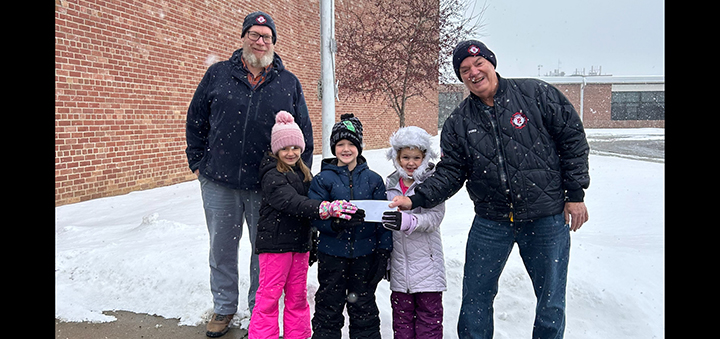Stroke survivor recovers to run the NYC Marathon
NEW YORK CITY – A noteworthy addition hailing from Chenango County will be joining the expected 47,000 entrants lacing up their running shoes for the famed 26.2 mile New York City Marathon. Recent stroke survivor Kelley Octigan of Sherburne will be running the grueling, yet extremely popular race, which annually receives an estimated 100,000 applications. Despite Hurricane Sandy, the marathon is still scheduled to step off Sunday, according to the marathon’s website and early reports from the New York Road Runners organization.
Octigan was in the best shape of his life when he switched a light on in his home and felt a shock run up his arm, leaving him dizzy and confused. “I had no idea what was happening, but my first thought was to sit down,” he said. “Then it occurred to me, that if I sat down, I might never get back up.”
In his early 50s, after years of exercise and healthy living, Octigan was having a stroke. Shortly before, Octigan had suffered from a misdiagnosed transient ischemic attack (TIA), often referred to as mini-stroke. After the TIA, Octigan had gone to his doctor and was recommended to a heart specialist for an Atrial Fibrillation (A-fib) which had plagued him in the past. He never made his appointment though, because before he did, the real stroke struck.








Comments